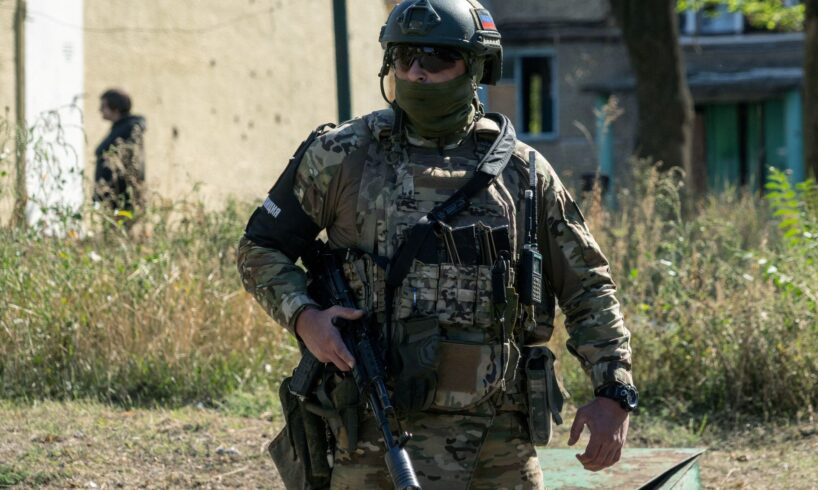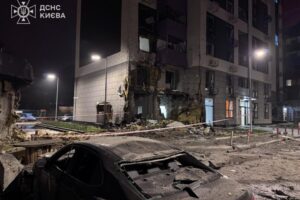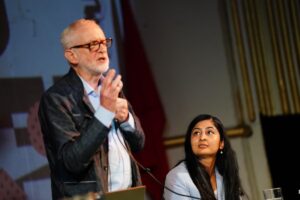
At least 1,076 Cuban nationals have fought or are fighting for Russia in Ukraine, Ukraine’s military intelligence (HUR) told the Kyiv Independent on Oct. 15.
Ninety-six are known to have died or gone missing in action.
The figures come after the U.S. earlier this month circulated an unclassified cable sharing details about Cuba’s support for Russia’s full-scale invasion, in which it claimed an “estimated 1,000 to 5,000 Cubans (are) fighting in Ukraine.”
The information from HUR shared with the Kyiv Independent tallies with the lower end of the U.S. estimate, but also provides further insight into the recruitment process and training of Cuban nationals.
HUR claims they receive only two weeks of training at the Avangard training center in Moscow Oblast before being sent to the front line.
“(At Avangard) they receive a military uniform and undergo physical and fire training, tactical medicine, and drone training,” HUR said.
“The vast majority of them perform the functions of rifle and assault troops as part of infantry, motorized infantry, or assault companies.”
In response to the reports about the U.S. cable, Cuba’s Foreign Ministry on Oct. 11 denied its involvement in the Russia-Ukraine war, alleging the U.S. was making “false accusations.”
“It is irrefutable that none of them have the encouragement, commitment, or consent of the Cuban state for their actions,” a statement from the Foreign Ministry read, denying the country had sent soldiers to participate in the war effort.
The information provided by HUR suggests that some Cuban nationals are tricked into travelling to Russia after being lured by the promise of lucrative construction work advertised on Facebook, YouTube, and TikTok.
Their travel is facilitated by “private intermediaries” who sometimes pay for flights, with Russian diplomatic institutions issuing tourist or work visas.
“After arriving in the Russian Federation, recruits are offered contracts for military service drawn up in Russian without translation instead of employment contracts,” HUR said.
Moscow has been recruiting foreign fighters from countries such as Nepal, Somalia, India, and Cuba since the start of its full-scale invasion in 2022.
Last year, Bloomberg reported that Russia was offering generous payments and the promise of citizenship to Cuban fighters, despite Havana’s attempts to curb recruitment. At the time, the number of Cuban recruits was reported to be in the low hundreds.
North Koreans make up the largest number of foreigners fighting for Russia in Ukraine, but do so in an official capacity, the most visible sign of the deepening relations between Russia and North Korea.
According to HUR, aside from North Korea’s professional soldiers, Cubans make up the fifth largest foreign nationality fighting for Russia in Ukraine after Uzbekistan, Tajikistan, Kazakhstan and Belarus.
“Citizens of Syria, Serbia, Nepal and some African countries have also participated in combat operations as part of units of the occupying country, but their numbers are significantly smaller,” they added.
Trump’s two wars: Why diplomacy worked in Gaza but not in Ukraine
U.S. President Donald Trump’s success in brokering the Oct. 9 ceasefire deal between Israel and Hamas has been praised worldwide. What seems to be a diplomatic victory in the Middle East stands in sharp contrast with Trump’s failure to negotiate a ceasefire in Eastern Europe. One reason for the difference is objective. Trump has far more leverage over Israel than over Russia, while Hamas has been weakened so much that it had no choice but to agree to a ceasefire. Another reason, experts say,





